Eastwood criticises decision to fund band scheme but cut Irish language bursary
- Published
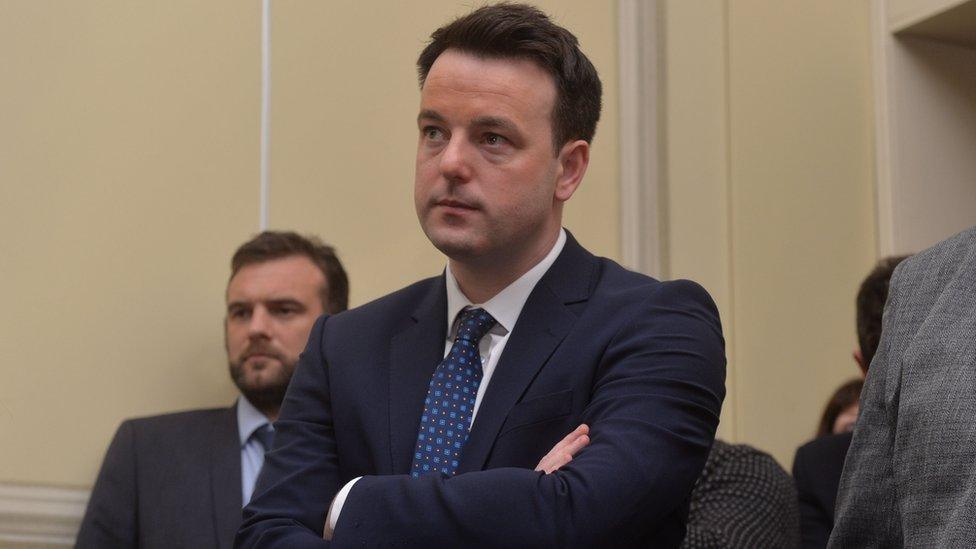
Colum Eastwood made his remarks after it was confirmed that a government scheme to fund musical instruments for bands cost £98,000 more than initially envisaged
The chair of the assembly's communities committee has said it is a "disgrace" that extra money has been found for bands while an Irish language bursary scheme has been cut.
SDLP leader Colum Eastwood made his remarks after it was confirmed that a government scheme to fund musical instruments for bands cost £98,000 more than initially envisaged.
The Department for Communities (DFC) minister Paul Givan announced the resumption of the grant scheme to fund instruments for bands in July.
£200,000 was initially made available, mostly to marching bands, but DFC have confirmed that 68 bands were offered funding through the scheme in 2016/17 at a cost of £298,000.
DFC said that "additional funding was provided from the department's capital budget" to meet all the eligible applications.
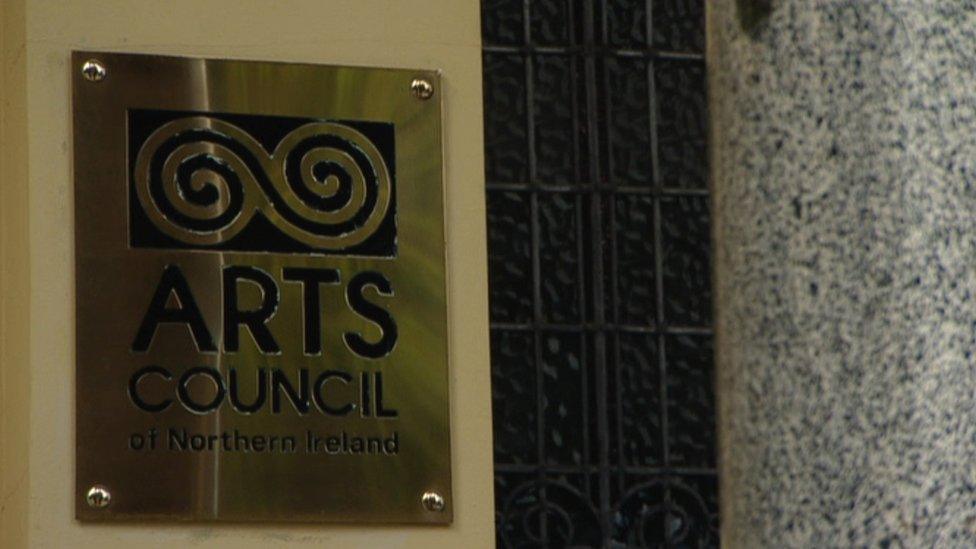
The musical instruments scheme was administered by the Arts Council of Northern Ireland (ACNI), but funded by DFC
Last month, DFC announced it could not continue to fund the Líofa Gaeltacht Bursary Scheme due to the need for "efficiency savings".
Mr Eastwood condemned the funding decisions made by the minister.
"What they've done is taken £50,000 off children who want to go and learn their native language and then all of a sudden he finds £100,000 for Orange bands," he said.
"I think it's wrong, and I think Paul Givan has a lot of work to do to show the community that he is a minister for all of us and not just one community."
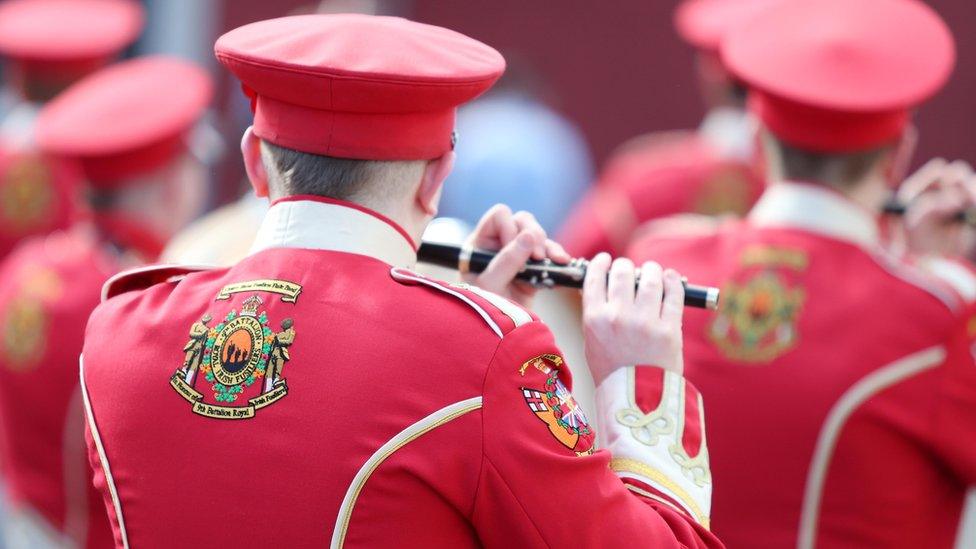
The scheme was designed "to increase the quality of music-making in the community by helping bands to replace worn-out instruments and purchase new instruments"
The musical instruments scheme was administered by the Arts Council of Northern Ireland (ACNI), but funded by DFC.
It opened for applications in September 2016 and closed in October 2016.
The scheme was designed "to increase the quality of music-making in the community by helping bands to replace worn-out instruments and purchase new instruments".
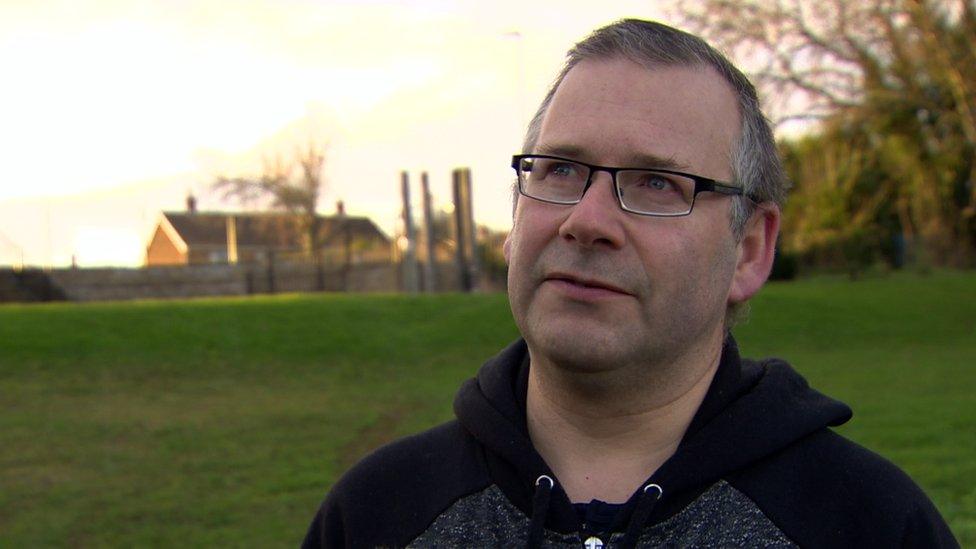
The cultural historian David Hume said that the scheme would help bands from all backgrounds
Grants of up to £5,000 were available to bands including flute bands, accordion bands, pipe bands or brass bands.
The cultural historian David Hume said that the scheme would help bands from all backgrounds.
"The cost of instruments and the amount of money it requires to keep a band on the road has to be balanced because there's a social capital issue here as well," he said.
"These bands are providing free musical tuition and they're also providing a focus for young people.
"Thousands and thousands of young people are involved in them.
"And of course it is across the board, it's not just bands from one community."
All successful applicants to the scheme have now received letters of offer from ACNI.
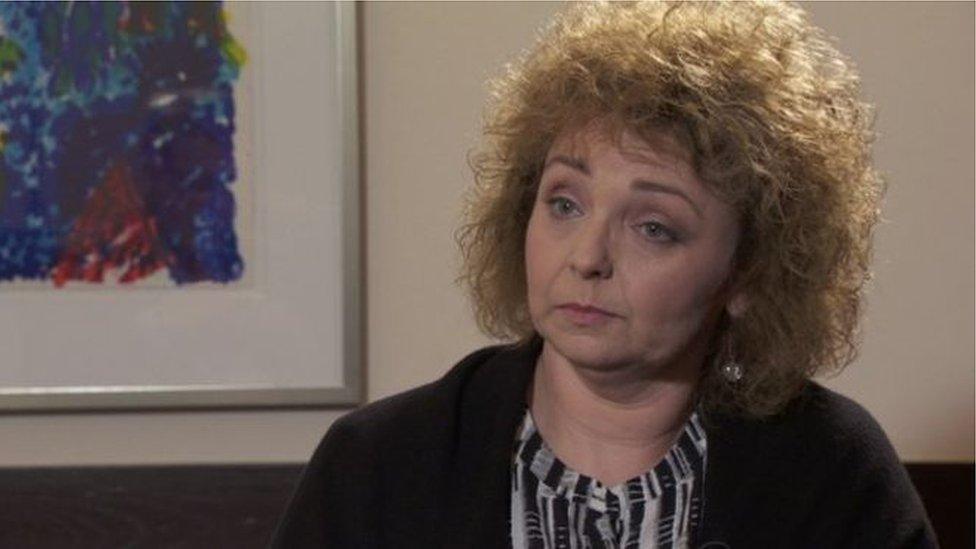
The bands scheme had previously been suspended by the former culture minister, Sinn Féin's Carál Ní Chuilín, in 2015 due to budget pressures
According to figures seen by the BBC, 26 bands received the full £5,000 grant.
The bands scheme had previously been suspended by the former culture minister, Sinn Féin MLA Carál Ní Chuilín, in 2015 due to budget pressures.
According to a previous report in the Irish News, Mr Givan had set aside an extra £100,000 for the scheme.
In a statement to the BBC, DFC said that no ministerial direction had been issued to provide the extra money.
"Resource became available from within the department's capital budget for this financial year and this was transferred to the scheme," it said.
- Published23 December 2016

- Published13 July 2016
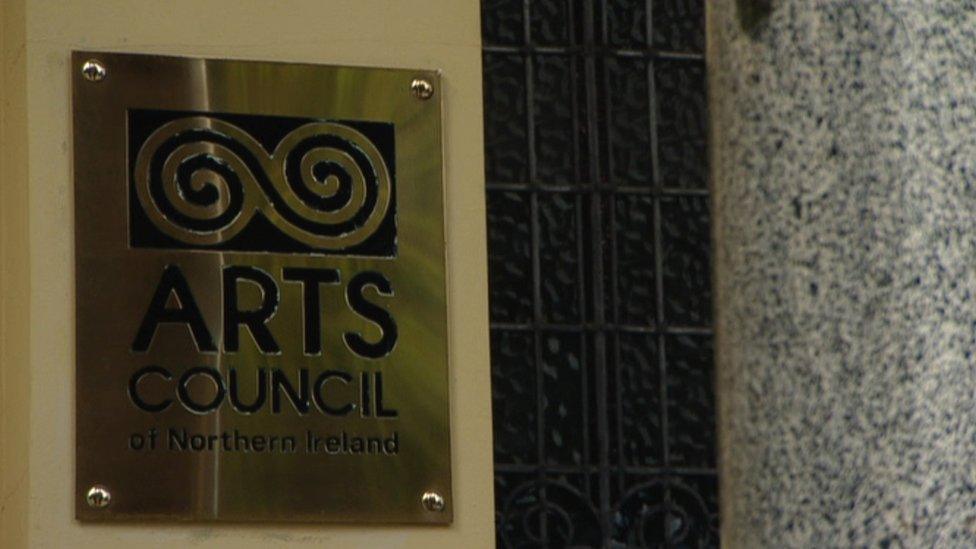
- Published11 July 2016

- Published23 March 2016
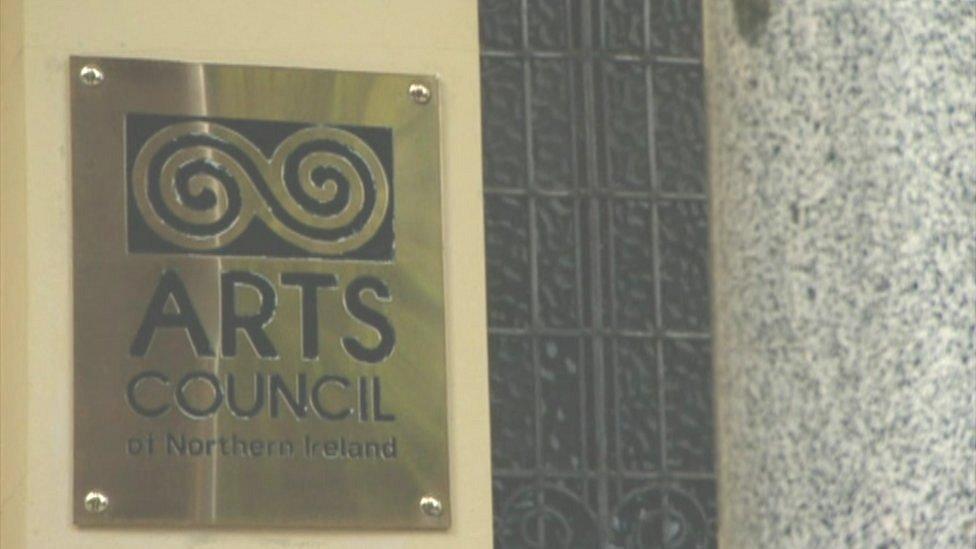
- Published11 September 2015
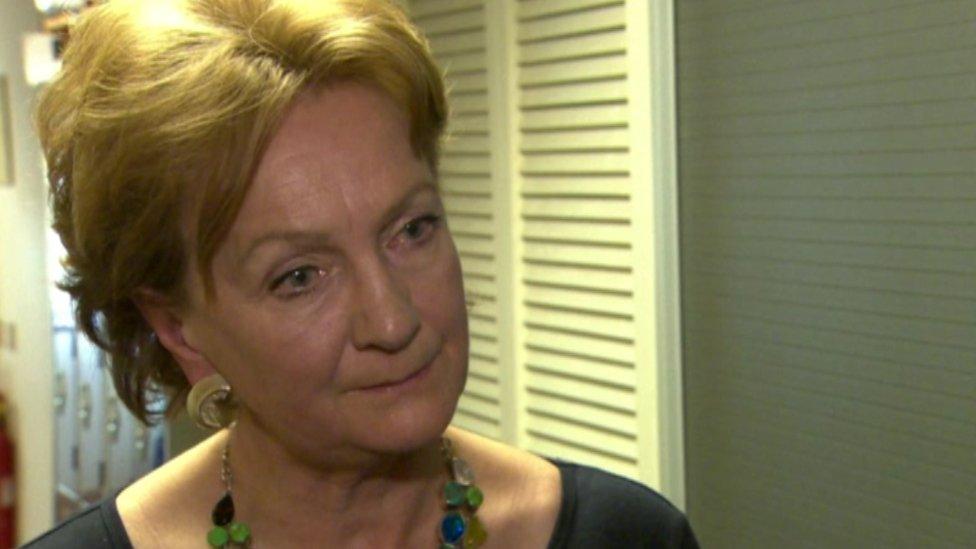
- Published4 August 2015
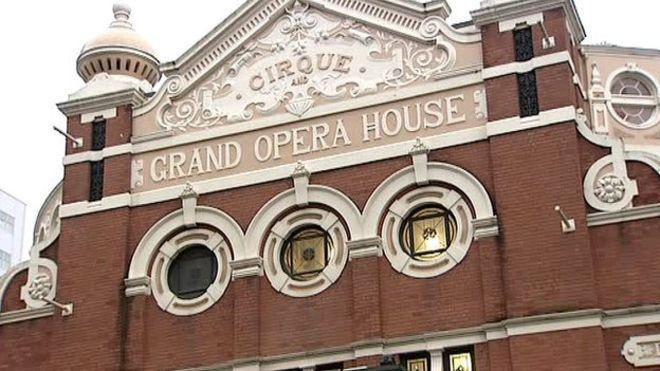
- Published23 March 2015
